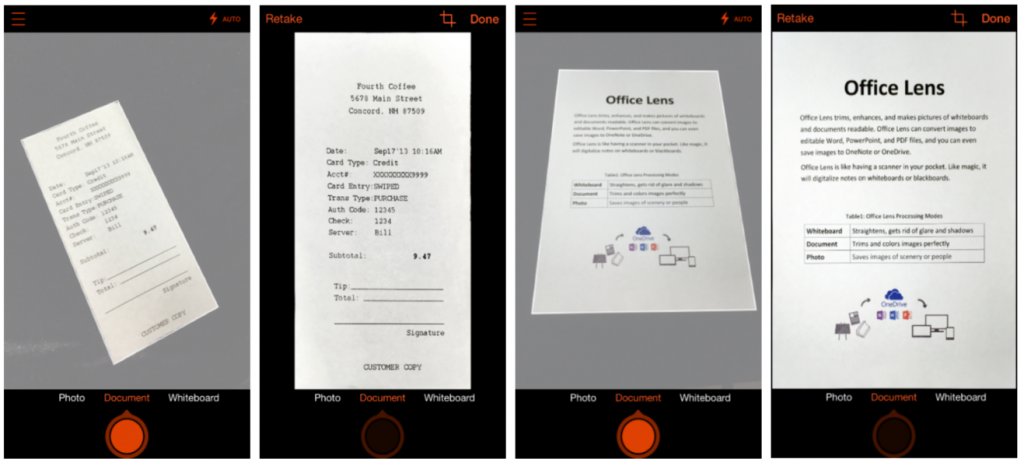Smartphone marker OnePlus has unveiled a custom version of its Android operating system, OxygenOS. OxygenOS is based on Google’s Android Lollipop version 5.0.2.
With OxygenOS, the company claimed it would make it easier to respond to user feedback, and to provide better updates and an integrated range of services for OnePlus users.
“In this environment where everyone is fighting to standout with custom ROMs, we think it’s important to go back to basics,” the company wrote on its blog. “We place things like performance and battery life over gimmicks and bloated features.”
Mono 4.0 released
Version 4.0 of Mono has been released, adding C# 6.0 support, floating point optimizations and adoption of Microsoft’s open-source .NET code.
The latest major release of the open-source .NET implementation now defaults to C# 6.0, and it replaces various components of Mono code with Microsoft’s CoreCLR, CoreFX and ReferenceSource. The release also introduces support for floating point optimizations for faster performance-sensitive code, along with an updated IKVM, lighter debugging overhead, and other improvements and bug fixes.
The full Mono 4.0 release notes are available here.
Microsoft open-sources Bond, releases Office Lens for Android and iOS
Microsoft has open-sourced Bond, a cross-platform framework for working with schematized data. Used within many of Microsoft’s internal high-scale data services, Bond supports cross-language de-serialization and generic data manipulation mechanisms, and can be used with C++, C# and Python.
The company also recently announced versions of its Office Lens capture app for Android and iOS. Office Lens allows users to use their smartphones as a pocket scanner, taking pictures of documents, receipts, notes and other business information while syncing with OneNote.
In other Microsoft news, the company announced it has closed its acquisition of R programming language company Revolution Analytics. Microsoft will build Revolution’s R technology into its data platform products, and support Revolution’s open-source R projects. More details are available here.
Rust 1.0 beta released
Rust, the Mozilla-backed programming language compiler and its assorted tools, has reached version 1.0 beta. According to the Rust team, this release marks a state transition on the road to 1.0, which should be released May 15.
With the beta release, all libraries and language features have been marked as stable to represent an accurate preview of what to expect in Rust 1.0. During the beta cycle, the Rust team will be working on fixing bugs, improving documentation and error messages, and enhancing its end-user experience.
More information is available here.
Number of female developers is rising, survey says
Evan Data has released its Developer Marketing 2015 survey, which revealed that the number of women in the software development industry has doubled since 2001. According to the survey, more than 22% of software developers worldwide are female.
“The population of female software developers has been steadily growing since the last recession,” said Janel Garvin, CEO of Evans Data. “Women are starting to view technology as a profession with a very favorable future, and are beginning to believe it’s a world that’s accessible to them. Of course, the demographic shift is also due to older males leaving the profession during the last recession.”
More information is available here.
Bill Gates’ letter to employees marking Microsoft’s 40th anniversary
Bill Gates and Paul Allen founded Microsoft on April 4, 1975. Forty years later, Gates has marked the anniversary with a personal letter to the company’s employees.
First tweeted by Amit Roy Choudhary and subsequently confirmed as authentic by The Verge, Gates’ letter remarked on Microsoft’s legacy in the computing revolution, and looked ahead to where the company and technology as a whole are headed.
“I am thinking much more about Microsoft’s future than its past,” Gates wrote. “I believe computing will evolve faster in the next 10 years than it ever has before. We already live in a multi-platform world, and computing will become even more pervasive. We are nearing the point where computers and robots will be able to see, move and interact naturally, unlocking many new applications and empowering people even more.”






